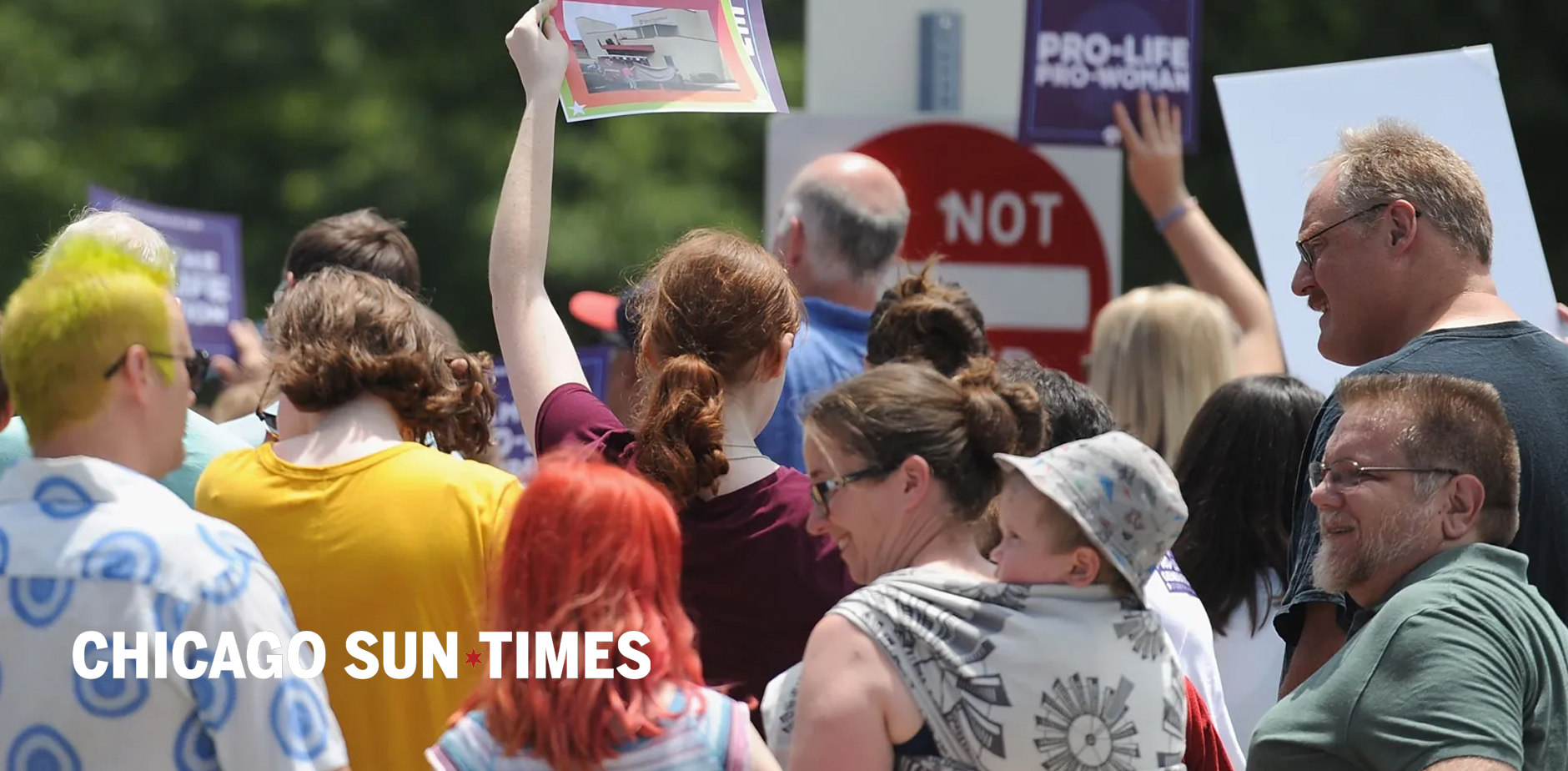
By Kwame Raoul | Published March 19, 2022
Our state protects reproductive freedom, but we would benefit if all women were able to access the care they need in their own communities.
These days, it’s dismayingly easy to find reminders that Illinois’ efforts on behalf of reproductive freedom are urgently needed.
New legislation recently introduced in the Missouri House includes a provision with astounding reach: If passed, it would make it illegal to help any Missouri resident obtain an abortion — either inside or outside of Missouri’s borders — and allow any private citizen to sue to enforce the ban.
Among other things, it represents a shocking attempt by one state to interfere with health care provided in another.
The bill combines the Texas strategy of using citizen lawsuits to get around constitutional restrictions on anti-abortion laws with concerns among anti-choice lawmakers that their residents are crossing state lines to obtain the care they need.
And they are. In a national landscape pockmarked with “abortion deserts” — states in which restrictive laws have shut down most abortion clinics — Illinois has embraced its role as a reproductive care “oasis.”
In 2020, nearly 10,000 women came to Illinois to have an abortion — a 29% increase from the year before, according to the Illinois Department of Public Health.
Laws such as the Reproductive Health Act, which my office supported, ensure that no matter what happens at the U.S. Supreme Court, our residents and all who enter our state seeking reproductive health care will remain free to make these highly personal decisions in consultation with their health care providers.
That’s why, notwithstanding Illinois’ own posture in support of reproductive freedom, it matters when states such as Missouri attempt to regulate abortion clinics virtually out of existence and seek to eliminate reproductive freedoms in the courts.
When the Supreme Court decided Roe v. Wade in 1973, it limited the restrictions states can place on abortion, paving the way for women to access safe reproductive care with fewer barriers and less fear.
Recently, many states have renewed their efforts to test these constitutional safeguards and dare the Supreme Court to weaken or eliminate them. And under former President Donald Trump, the federal government joined the push to roll back Roe, enacting a “gag rule” that prohibited health care providers from using federal money, even for other types of services such as breast cancer screenings and contraceptives, if they also offered abortion services or referrals.
In Dobbs v. Jackson Women’s Health Organization, which the Supreme Court has heard but not yet decided, Mississippi has asked the high court to overturn Roe.
As like-minded state attorneys general and I argued in an amicus brief we filed in Dobbs, laws that severely curtail abortion access in one state drive women to utilize health care resources in neighboring states. Overturning Roe would immediately increase the strain on Illinois, as a dozen states have already passed “trigger laws” that will automatically criminalize abortion if the Supreme Court reverses its position.
If we support these rights for Illinois women, then we must support them for women everywhere.
My office joined a coalition that successfully challenged the Title X “gag rule” in court. We’re still fighting to restore clinics’ access to federal funding, and we’ve opposed laws in states like Texas, South Carolina and Mississippi that have the effect of forcing abortion providers out of business or cutting off access to abortion for large numbers of women.
I’m proud that Illinois remains a place where reproductive rights are secure, and I’m proud to continue advocating for those rights wherever they are under threat.
Kwame Raoul is Illinois Attorney General.
